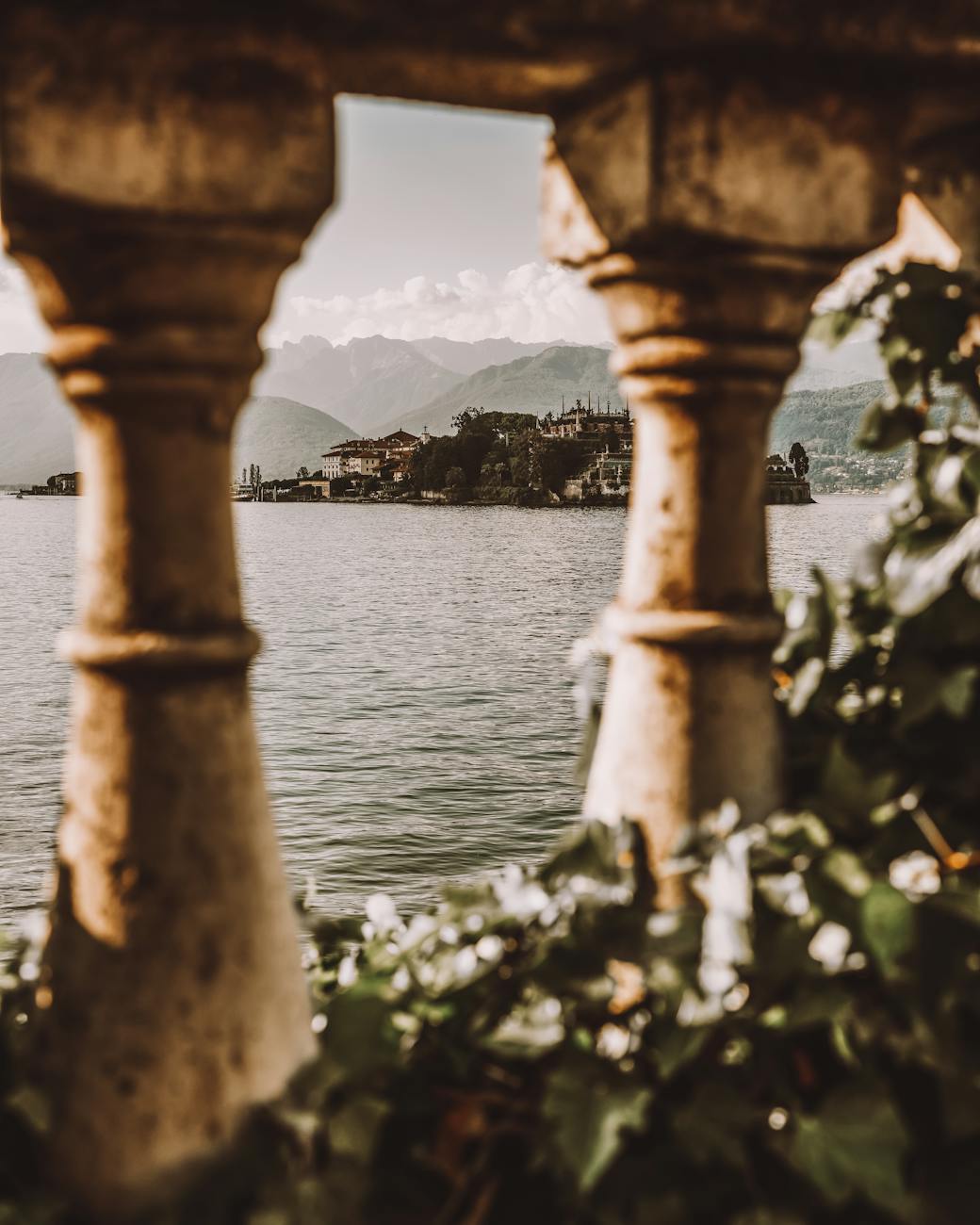Travel isn’t just about relaxation and escape; it’s about understanding the past! Certain holiday destinations have played crucial roles in shaping history, influencing politics, culture, and society in ways that still resonate today. By exploring these remarkable places, we can gain insights into how geography can impact human events and the rich tapestry of history that continues to unfold.
This blog post takes you on a journey through six holiday destinations that not only captivate the eyes but also have left indelible marks on history. From the philosophical discussions of Ancient Greece to the influential corridors of Washington D.C., discover how each location has contributed to the world as we know it today. Buckle up for an enlightening ride through time and place!
Visiting Greece means stepping into a land steeped in philosophy, arts, and politics. This destination is where democracy was born, laying the foundation for modern governance. The bustling streets of Athens, with the grandeur of the Acropolis towering above, invite travelers to envision the intellectual conversations that once echoed in its shadows. These discussions prompted revolutionary ideas that shaped Western civilization, giving birth to concepts of citizenship and civic responsibility.
Beyond just politics, Ancient Greece fostered remarkable advancements in science and arts that influenced generations. Thinkers like Aristotle and Plato encouraged exploration of human thought and ethics, which continue to inspire contemporary discussions. A trip to Greece is not merely about seeing historical sites; it is about experiencing the legacies that continue to influence our lives and political structures. It’s fascinating to recognize how a holiday here can bridge us to our collective human heritage.
When one thinks of Egypt, images of breathtaking pyramids and the majestic Nile spring to mind. This ancient civilization boasts a history filled with marvel and intrigue that shaped much of what we know about governance, architecture, and religion. Traveling along the Nile evokes a sense of wonder as you witness the enduring presence of these monumental structures and their historical significance. But did you know these incredible edifices serve as more than just tourist attractions? They encapsulate the power dynamics and beliefs of a civilization that had a profound influence on future empires.
The ancient Egyptians pioneered administrative systems and construction techniques still in use today. Their innovations in writing and record-keeping laid the groundwork for orderly societies, impacting subsequent generations across the globe. Engaging with this rich history deepens appreciation for how this striking visual landscape retains a spirit that vividly communicates resounding lessons about permanence, mortality, and human ambition. Every visit to this captivating land serves as an invitation to reflect on how history shapes civilizations aspiring for legacies.
Rome is often called the Eternal City for a reason. This enchanting place is not only the site of architectural wonders but also the cradle of an empire that ruled much of the known world for centuries. Walking through the ruins of the Colosseum, Roman Forum, and the Palatine Hill offers a lens into a time where power, culture, and social structures entwined with daily life in extraordinary ways. The political theories developed during Roman times have leaked into modern governance, showcasing how Rome has sculpted political landscapes across continents.
More than just a center of power, Rome was a melting pot of cultures. The exchange of ideas and styles led to advancements in law, warfare, and urban planning that echoed through history. By visiting this timeless city, one stands at the crossroads between ancient and modern civilization. It’s inspiring to think how every stone carries centuries of stories that challenge us to comprehend the interplay between power, vulnerability, and human connection. Rome serves as a poignant reminder of how a single location can wield such immense and lasting influence.
Washington D.C., the United States capital, might not appear overtly historical at first glance, yet its role in contemporary governance and culture is monumental. Every corner of this city holds layers of history, from the iconic White House to the Lincoln Memorial. As one explores the scenic National Mall, the sobering stories from the American Revolution, Civil War, and civil rights movements come alive. Here, influential decisions and speeches sparked social movements that transformed nations and inspired global change.
Engaging with the rich narratives embedded in D.C. encourages an understanding of democracy in action. By witnessing the physical embodiment of political debates and discussions, visitors come to appreciate the responsibility of civic engagement and the importance of historical memory. Every trip to this bustling city is a call to participate in the ongoing dialogue of democracy and reform, proving that history is not just written in textbooks—it’s etched into the fabric of society through collective action and advocacy. It is city alive with possibilities and responsibilities that encourages reflection on the past for a hopeful future.
Beijing stands as a testament to the strength and resilience of human civilization, boasting a legacy that spans over three millennia. As the heart of China, this vibrant city intertwines history, culture, and modernity in a way that captures the imagination of every traveler. From the sprawling Forbidden City to the iconic Great Wall, these landmarks tell tales of dynasties that shaped China and influenced the world. Here, one can witness the beauty of ancient architectural techniques alongside rapid modern development, crafting a dialogue between history and innovation.
The long-standing traditions and philosophies, such as Confucianism, echo through the city’s culture, guiding societal values. Beijing not only educates visitors about its past but inspires an appreciation for the evolution of thought and governance. Delving into its rich cultural heritage fosters a profound understanding of how profound philosophical ideas have influenced global perspectives on ethics, family, and respect for authority. Traveling to Beijing serves as more than just a sightseeing adventure; it immerses you in a legacy that encourages continuous exploration of identity, connection, and belonging.
In reflecting upon these extraordinary destinations, it becomes abundantly clear that history is not merely a collection of lessons confined to textbooks; it lives and breathes through places and stories. Each journey through these influential locales invites us to explore our interconnectedness with the past and challenges us to engage thoughtfully with the present. These historical holiday destinations are testaments to the indomitable human spirit, showcasing how legacies continue to shape future generations.
Understanding the depth of human experiences that these destinations represent can inspire visitors to broaden their perspectives and cultivate a sense of responsibility in their own communities. By learning from history, we can become changemakers, embracing the opportunities before us while honoring the narratives that brought us here. Every visit is a chance to reflect, engage, and imagine a brighter future rooted in lessons from the past.
What are some other historical destinations worth visiting?
Apart from the places discussed in this post, destinations like Jerusalem, Athens, and Istanbul carry rich histories worth exploring. Each location has narrative threads that weave together the complexities of human experiences.
How can visiting historical sites impact my understanding of history?
Experiencing history firsthand can deepen your appreciation for its complexities. Physical presence in these locations transforms abstract concepts into relatable stories, enhancing understanding and emotional connections to the past.
Are there ways to contribute positively to the preservation of these historical sites?
Absolutely! Supporting local conservation initiatives, educating others about history, and participating in community-based tourism can play vital roles in preserving the legacies of these remarkable places for future generations.
Image Credit: Pexels





